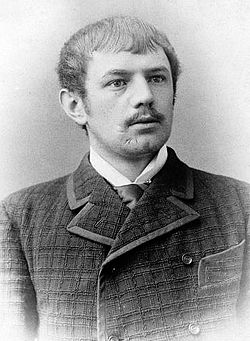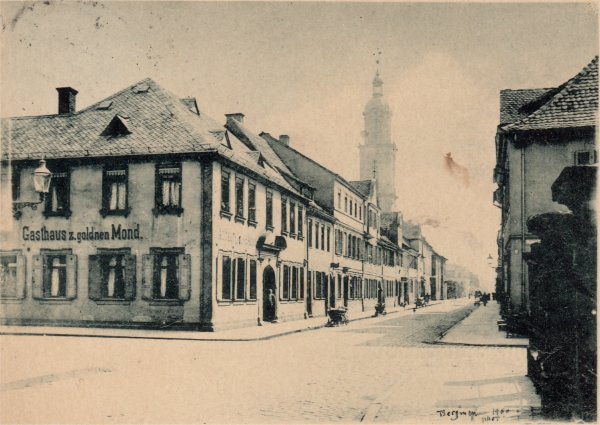While in Germany last months, I discovered a great website on Franconian breweries. Franconia (Franken) is a region of northern Bavaria that is rich in breweries and good beer even if the folks there don't really consider themselves Bavarians. The below site has lots of information (in German) with lots of pictures of beer coasters and plaques.
http://www.braufranken.de/html/braumittelfranken.html

Saturday, October 19, 2013
Wednesday, October 16, 2013
Drinking Beer Where Nazis Drank Beer

Undated photo of Huburtus-Note Berg Brau sign
Last month, when I arrived in Erlangen, I decided to have dinner the first night in a Greek restaurant named Santorini. It is located at 55 Friederichstrasse. I was the first customer in and while ordering and eating, I had a chance to chat with the owner, a Greek lady. I told her that I was very familiar with the place since during my time as an MP in Erlangen in the 1960s, I had spent considerable time there. At that time, it was known as one of Erlangen's rowdiest GI bars. She told me that she had heard stories about her restaurant's past.
The original name of the establishment was Huburtus, a name that survived up to the time I was there in the late 1960s. It was established in 1928 and quickly became in drinking place for Nazis. In 1931, the local Nazi paper, Kampf, had ads for Huburtus as a place for SA folks to drink. Coincidentally, the beer being served there was Bergbrau, a local brewery from nearby Fuerth. It was still the beer being served when I was there. (The current establishment now serves Kitzmann beer, Erlangen's biggest brewery.) To my knowledge, Bergbrau is no longer in business.

After the war, Huburtus became a GI bar. In my era, the Americans referred to it as "George's" after the then-current owner. He either died or was divorced, and his wife Renate became the owner. She later married an American officer named Tom. (They have both since passed on.)
Huburtus (George's) during Fasching 1968. That's me in the red sweater. As you can see, I am deeply contemplating sitting and drinking beer where Storm Troopers once sat and drank beer.
Since then in the 70s and beyond, the bar went through a succession of names, Cheers, Sports Bar, Schlothex and Mucho Loco before becoming Santorini.
If you happen to be in Erlangen, stop in. The food is good and you may even see my ghost trying to break up a fight.
Thursday, October 3, 2013
Drinking Beer Where Dietrich Eckart Read Poetry


Dietrich Eckart (1868-1923) was one of the original members of the Nazi party in Germany. A playwright of some renown, he actually produced a German version of Peer Gynt. Later, drifting to Munich he became a mentor to Adolf Hitler as the Nazi party was founded. Eckart was the editor of an anti-Semitic journal called Auf gut Deutsch and came up with the funds to start up the Voelkisher Beobachter, the Nazi Party newspaper, of which he became editor-in-chief. He died before Hitler came to power in 1933 and is buried in Berchesgaden.
As a student, Eckart studied medicine (none too seriously) at Erlangen University, was a member of the Corps Onoldia, a burschenschaft (fraternity), and frequented a tavern called the Goldener Mond, where he entertained his friends by reading poetry. A mysterious illness incurred in Erlangen led to morphine dependence, which ended his student days. During the Third Reich, Erlangen's Bohlenplatz was re-named Dietrich- Eckart- Platz.
So it was during my last sojourn in Erlangen in September that I was having dinner with an American friend who lives in Erlangen. He was telling me about an Irish pub in town and described its location near the train station. I was not familiar with the place and asked him to show me. As we came up to the place, I immediately recognized it as the Goldener Mond. As we settled in and I ordered a (German) beer, I recounted the history of the place to my friend. Today, it is what could be charitably described as a student hangout or maybe just a dive bar, but with an Irish flair. It has likely not seen any serious renovation since the days when Eckart hung out there. It is located at 18 Innere Bruckerstarsse at the corner of Goethestrasse.
Subscribe to:
Comments (Atom)

